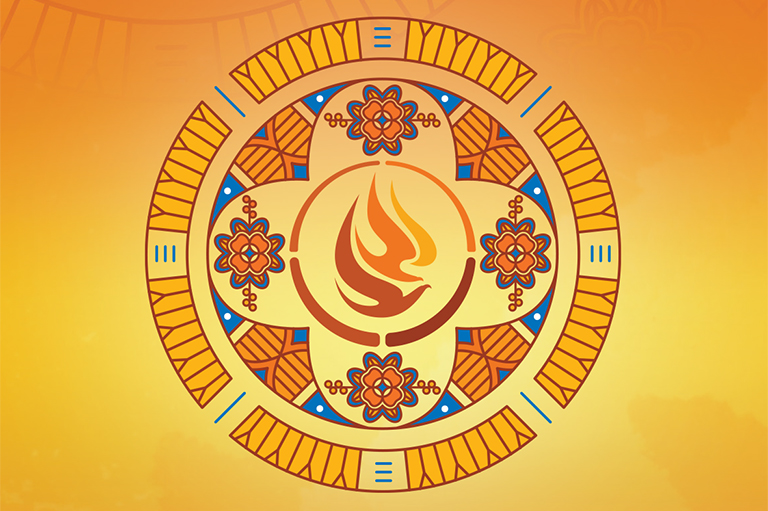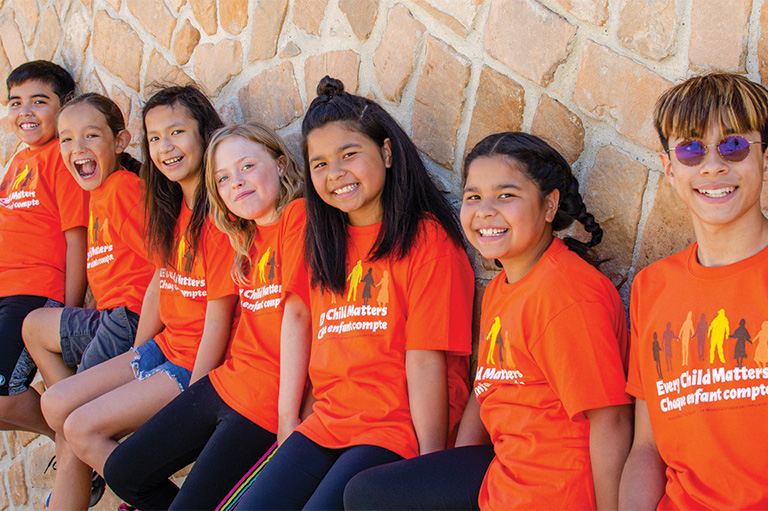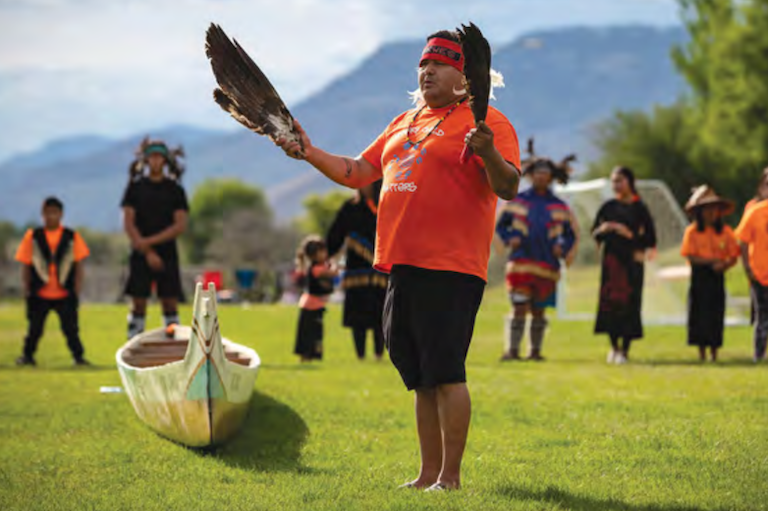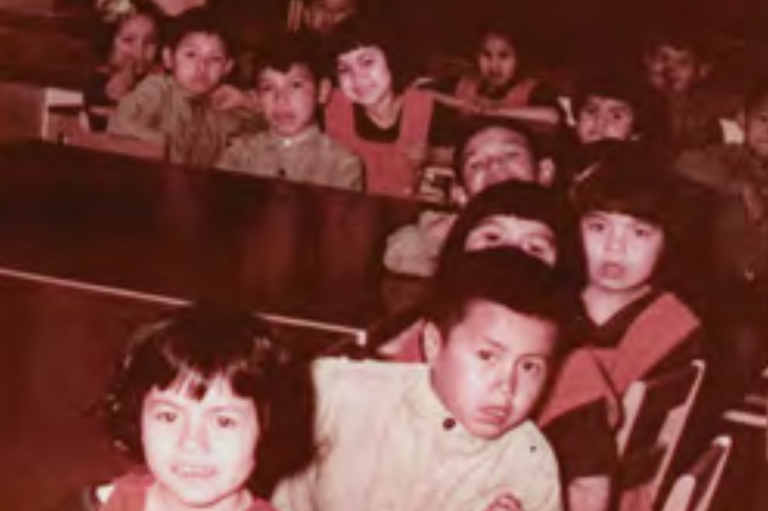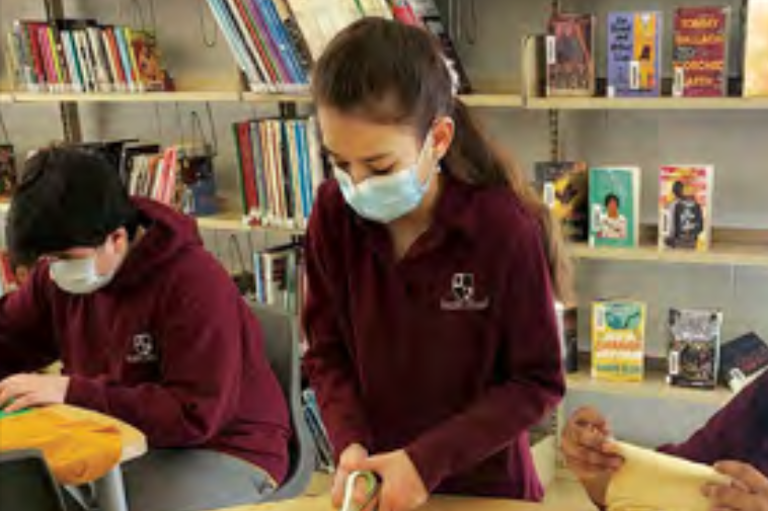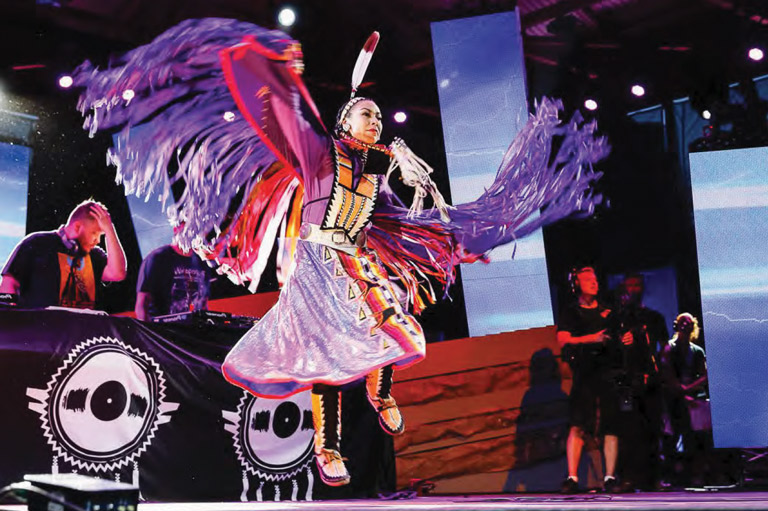Listening to Survivors Educational Package

Residential Schools are not in the past. They are present in the lives of Survivors and their children, grandchildren and great-grandchildren, but they do not have the final say. By reviving language, celebrating culture and passing on teachings, First Nations, Métis and Inuit are healing as they reject the past.
By listening, learning and reflecting, Canadians of all ages can work toward becoming partners on the path to reconciliation. The theme for this year’s Truth and Reconciliation Week magazine is Listening to Survivors. It contains an original poem by Makayla Webkamigad, the award-winning Richard Van Camp describing his efforts at later-life language learning, stories of real-life reconciliation projects, words from Elders and Survivors, and more.
EDUCATOR'S GUIDE

The accompanying lesson plans included in this guide are designed to help teachers and students engage their hearts as well as their minds as they explore the publication together. We encourage teachers to bring Indigenous voices and perspectives into the classroom all year long. It is important to centre the stories of Survivors, who have long spoken of the diversity of experiences that Indigenous children faced at Residential Schools: separation and isolation; physical, sexual and emotional abuse; resilience, and resistance. Many Survivors also hold traditional knowledges, teachings, practices, and languages, passed on through generations. Listen to their stories with open hearts and open minds.
Download the PDF of this guide.
On behalf of Canada’s National History Society with the National Centre for Truth and Reconciliation, thank you to all teachers who are taking on this important work of advancing reconciliation every day in their classrooms and their communities.
LESSON PLANS
EARLIER ISSUES AND EDUCATIONAL MATERIALS
For more lesson plans and educational resources visit the National Centre for Truth and Reconciliation.
Advertisement
This publication was made possible with generous support from:

The National Centre for Truth and Reconciliation gratefully acknowledges the support of the Department of Canadian Heritage.







